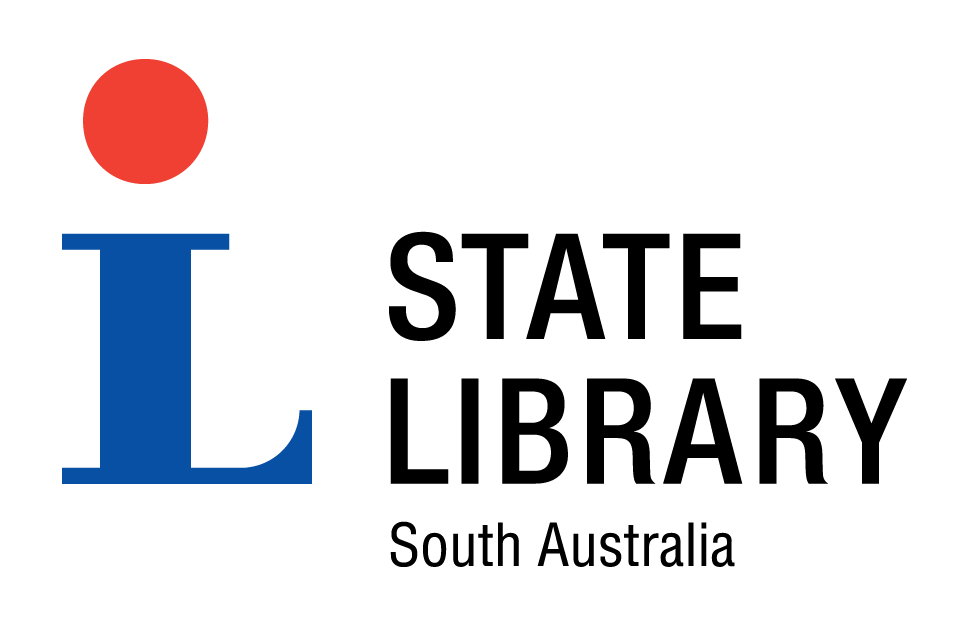
Sturt rests his men and horses |
|||
|---|---|---|---|
| Title : | Sturt rests his men and horses |

|
|
| Creator : | Sturt, Charles, 1795-1869 | ||
| Source : | Narrative of an expedition into Central Australia ... volume 2 p. 29 | ||
| Place Of Creation : | London | ||
| Publisher : | T. and W. Boone | ||
| Date of creation : | 1849 | ||
| Format : | Book | ||
| Contributor : | State Library catalogue | ||
| Catalogue record | |||
| The State Library of South Australia is keen to find out more about SA Memory items. We encourage you to contact the Library if you have additional information about any of these items. | |||
| Copyright : | Reproduction rights are owned by State Library of South Australia. This image may be printed or saved for research or study. Use for any other purpose requires permission from the State Library of South Australia. To request approval, complete the Permission to publish form. |
| Description : |
Such was the lushness of the grass, newly grown after the Aboriginal people had burnt away the old grass, that Sturt decided to rest the horses and men for a full day. The horses could eat their fill here as they had not done for many days. He described the area surrounding the creek he would later name for Judge Cooper. Not only was the grass lush, the trees were large and imposing, reflected in the large sheets of water. A smaller tributary creek joined the main stream a little further upstream. Charles Sturt was leading an expedition in central Australia to explore and search for 'the existence and character of that range running from the north-east to the south-west, to examine the rivers rising in it, and to observe the general appearance of the country towards the north-west'. He departed Adelaide in August 1844, travelled up the Murray and Darling Rivers before crossing to the west to a low range. Here he established a base at Depot Glen and later further north at Fort Grey. From these he explored to the west and north but encountered only desert. The region of Cooper Creek was a revelation and a major discovery. Cooper Creek is one of the largest river systems in Australia, but it is not a permanently filled one. While its tributary sources rise in the Great Dividing Range of eastern Australia and receive tropical rains, by the time the river, variously called the Barcoo or Cooper Creek, has reached South Australia it has also reached the central desert regions of Australia. It breaks up into many meandering channels, hence the name Channel Country. The Cooper is considered an ephemeral river and in many years ceases to flow at all. However when mighty floods pour downstream the Cooper Creek reaches Lake Eyre and if there is sufficient water coming down it can result in the flooding of Lake Eyre and in rare years, even a great filling of the salt lake. |
| Subjects | |
| Related names : | Sturt, Charles 1795-1869 |
| Coverage year : | 1849 |
| Period : | 1836-1851 |
| Place : | Cooper River |
| Region : | Flinders Ranges and Far North - Outback |
| Further reading : | Sturt, Charles, Narrative of an expedition into Central Australia: performed under the authority of Her Majesty's Government, during the years 1844, 5, and 6, ... New York: Greenwood Press, [1969] Beale, Edgar Sturt, the chipped idol: a study of Charles Sturt, explorer Sydney: Sydney University Press, 1979 Stokes, Edward, To the inland sea: Charles Sturt's expedition 1844-45 Melbourne: Hutchinson of Australia, 1986 Brock, Daniel George, To the desert with Sturt: a diary of the 1844 expedition Adelaide: Royal Geographical Society of Australasia, South Australian Branch, 1975 Tolcher, H. M. Drought or deluge: man in the Cooper's Creek region Carlton, Vic.: Melbourne University Press, 1986 Reardon, Mitch The Australian Geographic book of Corner Country: where outback Queensland, NSW and SA meet Terrey Hills, N.S.W: Australian Geographic, 1995 |
| Internet links : | University of Adelaide Online Books: Narrative of an expedition into Central Australia performed under the authority of Her Majesty's government, during the years 1844, 5, and 6., by Charles Sturt. Cooper Creek Wikipedia Charles Sturt Wikipedia |
| Exhibitions and events : |


